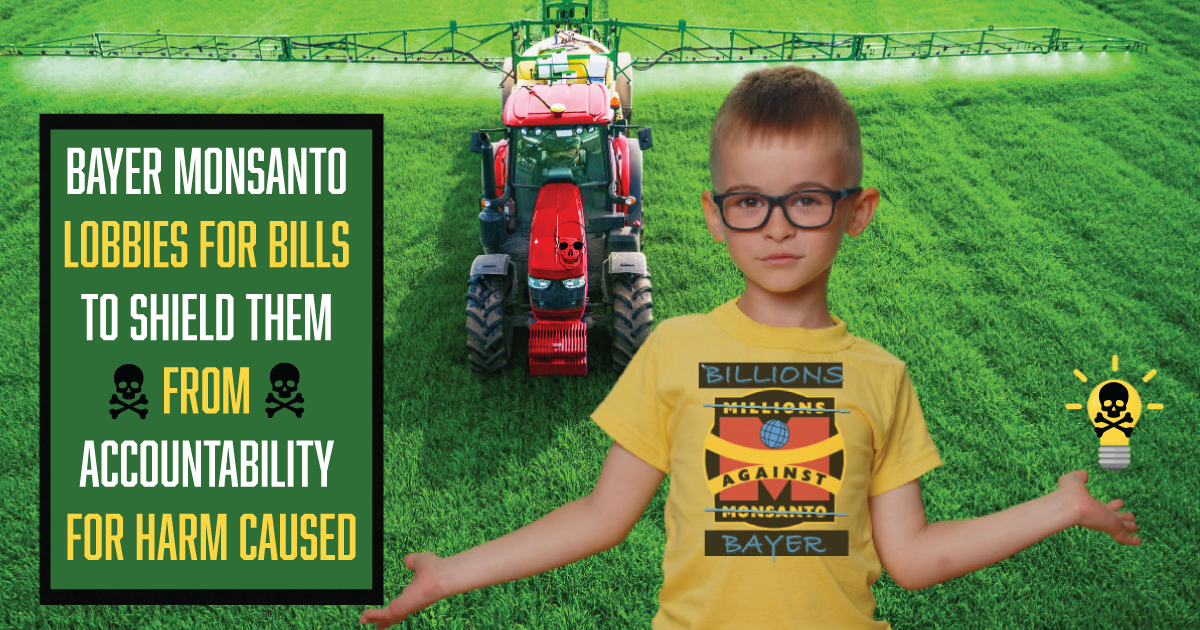
MILLIONS AGAINST MONSANTO
Sick Because of Roundup? These Bills Could Make Suing Impossible.
Nick Tabor writes in The New Republic:
“High-profile lawsuits have accused pesticides of causing cancer and Parkinson’s. But three states are now considering bills that would prevent these lawsuits.
Six years ago, the multinational corporation Bayer made one of the worst purchases in American business history: It bought Monsanto, the maker of Roundup, for $63 billion. Monsanto was already being sued by a school groundskeeper in the Bay Area who said his exposure to the weedkiller had given him non-Hodgkin’s lymphoma. Two months after the merger, a jury awarded the groundskeeper $289 million. Since then, Bayer has been pummeled with lawsuits, and between settlements and jury verdicts, it has been required to pay out more than $14 billion to plaintiffs. Its stock has lost 70 percent of its value.
Desperate to reassure investors, the company has been fighting back with every means at its disposal. Its latest effort: lobbying state legislatures to shield it from future lawsuits and to annul at least some of the 50,000 claims that are currently active.
Since January, bills to shield pesticide manufacturers from lawsuits have been filed in three states where Bayer has a major corporate presence: Missouri (where Monsanto is headquartered), Idaho (where it has a phosphate mine), and Iowa (where it has a manufacturing plant). Daniel Hinkle, an attorney with the American Association for Justice, who works with trial lawyer associations throughout the country, predicted that if these bills succeed, Bayer will push similar legislation in a number of other states next year.”
Take Action protect the health of your state: Make Your State the First to Ban Monsanto’s Roundup Weedkiller!
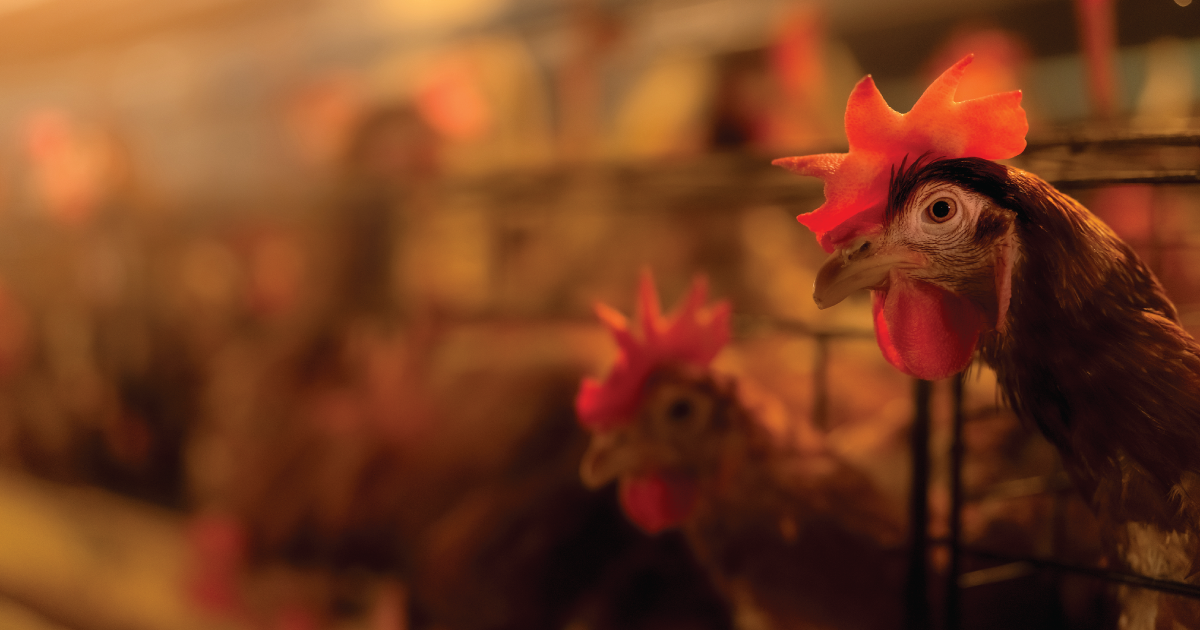
BIRD FLU
Is Giving Farmers Millions to Kill Millions of Chickens the Way to Curb Bird Flu?
Andrew Jacobs writes for the New York Times:
“Big poultry farms have received millions of dollars for their losses. Animal welfare groups contend that aid reinforces inhumane cullings of birds exposed to the virus.
The highly lethal form of avian influenza circulating the globe since 2021 has killed tens of millions of birds, forced poultry farmers in the United States to slaughter entire flocks and prompted a brief but alarming spike in the price of eggs.
Most recently, it has infected dairy cows in several states and at least one person in Texas who had close contact with the animals, officials said this week.
Officials say the compensation program is aimed at encouraging farms to report outbreaks quickly. That’s because the government pays for birds killed through culling, not those that die from the disease. Early reporting, the agency says, helps to limit the virus’s spread to nearby farms.”
Read about the culling often results in unnecessary suffering and more
From Reuters: US is ’18 months or so’ away from finding bird flu vaccine, says agriculture secretary
With this recent news, we recommend revisiting these articles by our Political Director Alexis Baden-Mayer
Read Yoshihiro Kawaoka: Weaponizing Bird Flu Since 1990, Funded By Fauci & Gates

BAN GLYPHOSATE
Mexico Glyphosate Ban Postponed: Delay Will Not Stop Us
Ercilia Sahores, International Director, Organic Consumers Association writes:
In 2020 Mexico announced the ban on the use of glyphosate, setting April 1, 2024 as the deadline to completely ban its use. This was a big victory for civil society, organizations, farmers, activists and former official governments who after years of pointing out the dangers of pesticides were finally heard.
Earlier this week, however, during one of his early morning conferences, Mexican President Andrés Manuel López Obrador announced that the planned April 1 glyphosate ban was to be postponed without providing any new date for the prohibition.
Organic Consumers Association in Mexico along with its sister organization, Vía Orgánica, have supported the fight against glyphosate and the defense of non-GMO corn with funding, campaigning and organizing. This news came as a big surprise for many groups and coalitions like ours, who have been working in the defense of life, health, biodiversity and food sovereignty for decades.
But the delay in the ban of glyphosate will not stop us. What we have noticed and what we are experiencing in Mexico is, in the words of Víctor Toledo Manzur, former Secretary of Environment and Natural Resources of the current government, an “agroecological revolution.” There are 7 million hectares in Mexico (17297376.7 acres) producing food without using glyphosate or other herbicides, with over 4.5 million agro ecological producers. The National Council for Science and Technology (Conahcyt) has developed six alternatives to glyphosate (3 of them 100% Mexican): bioherbicides with 90% effectiveness.
Despite the heavy lobbying – that has been exercised against Mexico after the phase out of GMO corn imports and the ban on glyphosate from powerful global agrochemical companies and the pressure from US trade officials – organized civil society and part of the government remains strong, showing alternatives, providing solutions and organizing so that the ban on glyphosate becomes a reality. We will continue relying on your support to make this happen for the health of our whole planet.
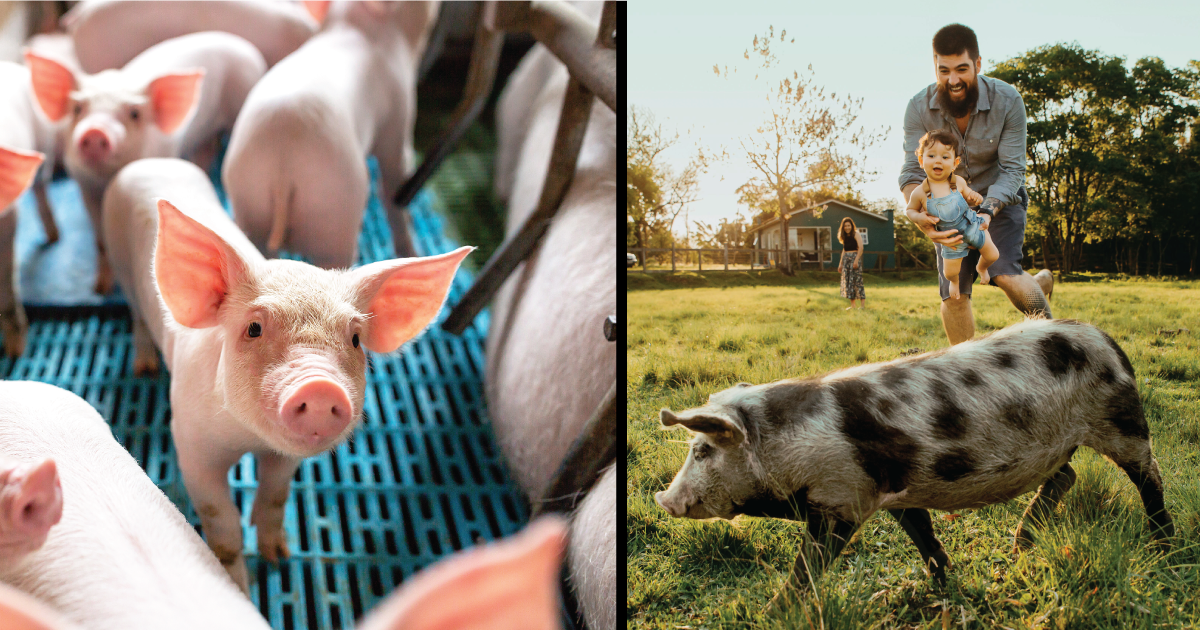
FOOD SYSTEMS
The Tug of War Between Traditional Farming & Corporate-Produced Food
Angela Braden reports in Moms Across America:
“A promising leap toward more food sovereignty in the US has been the deregulation of local food production and sales at the state level. Several states have passed bills to legalize or expand raw milk distribution, “cottage food” sales, and on-farm slaughter — regulations that had been prohibitive to traditional small farms in the past.
“Cottage food” laws permit the sale of small-production-foods without the burdens of fully licensed retail foods. State cottage food laws limit sales by the type of food products sold, the locations of sale, and the amount of revenue that a cottage food production can make to receive the protections of the law. A cottage food operation does not have to be licensed, regulated, or inspected, by state law.
Find a regenerative farm near you with Regeneration International’s Farm Map

HEALTH ISSUES
Sleep Promotes Brain Health
Analysis by Dr. Joseph Mercola:
“STORY AT-A-GLANCE
* Sleep may help jump-start the glymphatic system, which flushes waste from your brain
* During sleep, neurons generate electrical signals that generate rhythmic brain waves, propelling cerebrospinal fluid through the brain
* These electrical waves may boost the function of the glymphatic system, helping cerebrospinal fluid penetrate deeper into the brain and pick up waste, enhancing the cleaning process
* By enhancing your brain’s ability to clear out debris, sleep may reduce your risk of brain diseases, since the accumulation of metabolic waste is a leading cause of neurological disorders
* Proper sleep is also important for abstract learning, memory consolidation and mental health”
Learn more about this activity that takes up about one-third of our lives
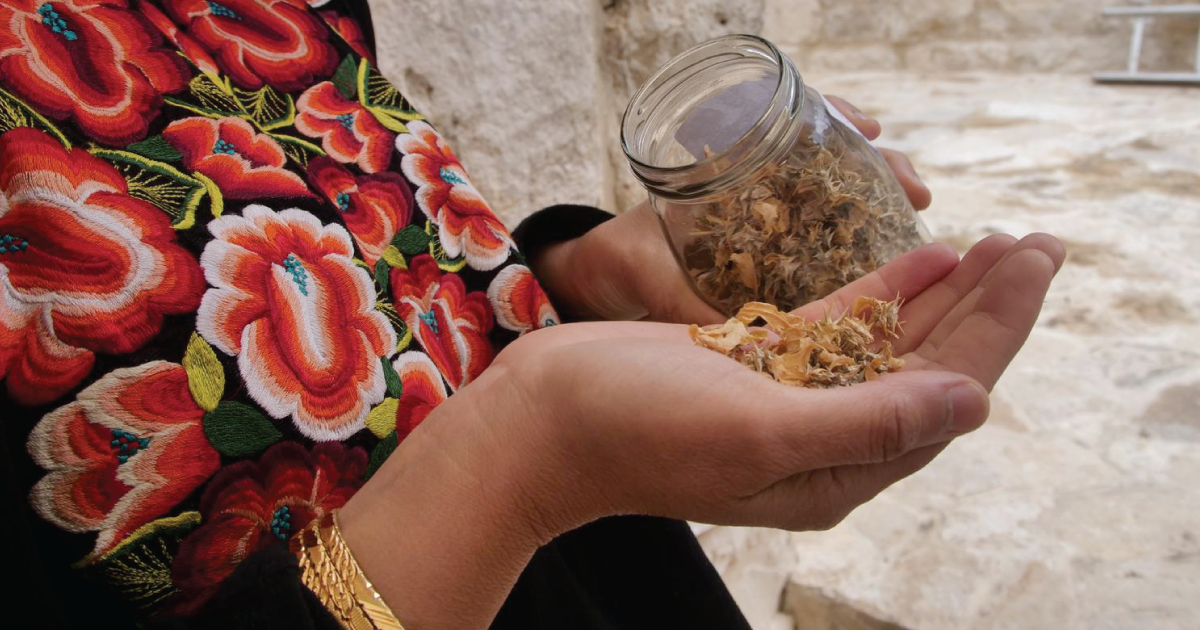
SEED SAVING
‘They Kept Us Alive for Thousands of Years’: Could Saving Palestinian Seeds Also Save the World?
Whitney Bauck writes in The Guardian:
“The first year that the Hudson Valley Seed Company tried growing yakteen at their farm in upstate New York, the heirloom variety of Palestinian gourd quickly spread until its vines were sending their tendrils across a full acre of land. Born of a partnership with the artist, researcher and conservationist Vivien Sansour, that pilot plot was just one of many pieces of evidence supporting Sansour’s thesis: that saving Palestinian heirloom seeds could benefit not just Palestinians, but could help feed an entire planet in crisis.
Sansour is the founder of the Palestine Heirloom Seed Library, a project that began in 2016 to conserve Palestinian heritage and culture by saving heirloom seed varieties and telling the stories and history from which they emerged.
‘The mission of the seed library is to revitalize and conserve a living archive of our heirloom seeds,’ said Sansour. ‘Not just for Palestine, but also for the world.’”
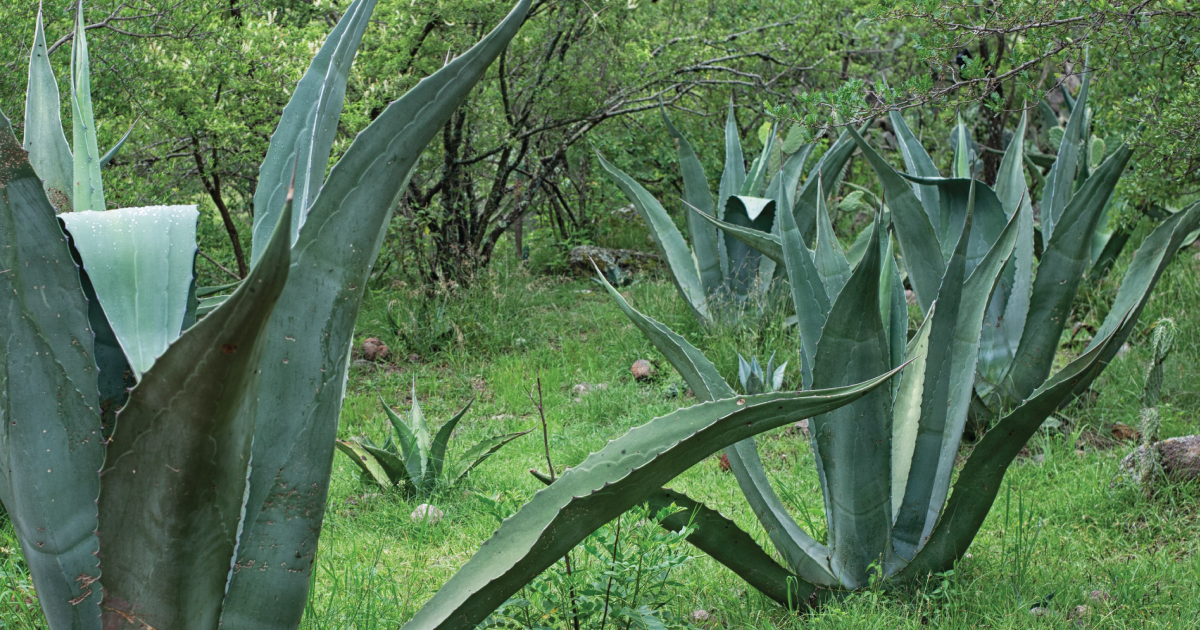
REGENERATIVE AGRICULTURE
Rewilding 101: Everything You Need to Know
Cristen Hemingway Jaynes writes in Eco Watch:
“It’s no secret that modern humans have ravaged the planet. We have decimated ecosystems to make way for monocrop agriculture, the raising of beef cattle and development. Ecosystems that had maintained a delicate balance for millions of years have been turned into ecological wastelands with cascading negative effects on biodiversity, humanity and essential biogeochemical processes like Earth’s water cycle.
Rewilding is the reversing of negative impacts on natural environments through the restoration and conservation of ecosystems, wilderness areas and their natural processes, and it is essential for the survival of most life on our planet.
Rewilding involves reintroducing native species and allowing nature to heal and nurture itself. Doing so can not only restore biodiversity, but it can protect endangered species, prevent flooding and help mitigate climate change.”
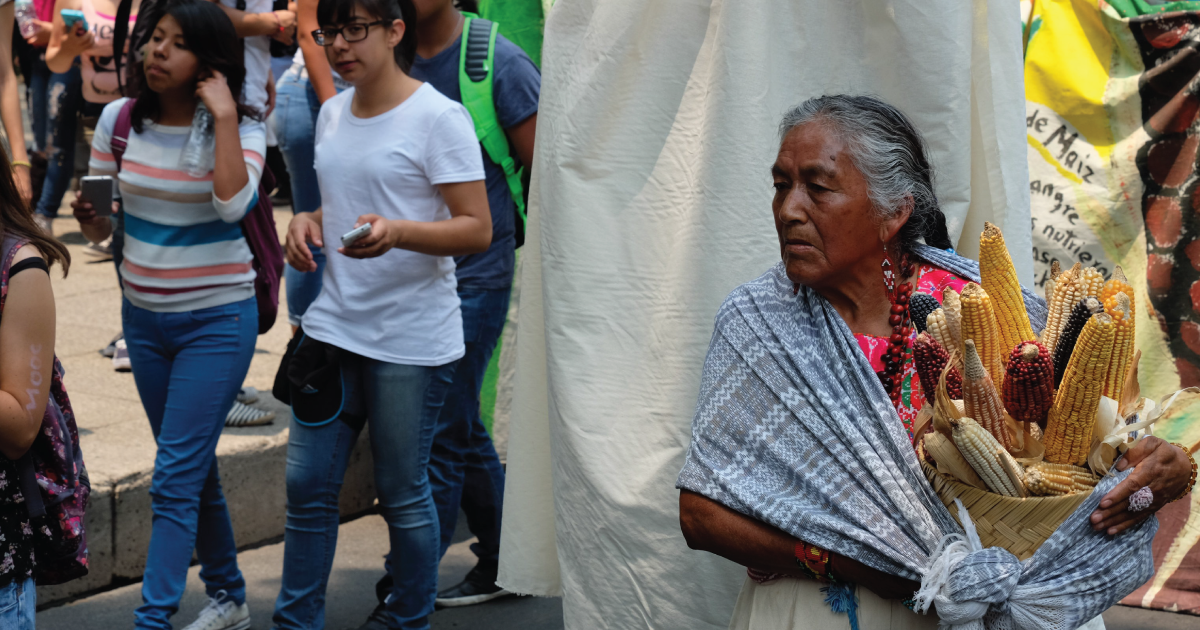
SUPPORT THE OCA & RI
‘Free’ Enterprise
“It is illegal to kill your missus, Or put poison in your old man’s tea, But poison the rivers, the seas, the skies, and poison the minds of people with lies, Its all in the interest of free enterprise, Nonetheless it is perfectly legal” ~ Ewan MacColl, singer-songwriter
The company that swore up and down that PCBs were “safe” has also, for decades, been lying about the safety of its flagship product, Roundup weedkiller.
Now they are desperate to reassure investors and fighting back by lobbying state legislatures to shield it from future lawsuits and to annul at least some of the 50,000 claims that are currently active.
It’s just one of so many revelations.
Monsanto employees ghost wrote studies that were passed off as authored by “independent scientists.”
Monsanto employees colluded with former EPA officials to bury the truth about Roundup and glyphosate.
Monsanto orchestrated attacks on the World Health Organization agency after a panel of 17 international scientists unanimously concluded that glyphosate is a probable human carcinogen.
Monsanto was also behind forcing a scientific journal to un-publish a study showing that glyphosate in very low levels may cause cancer.
For decades, Monsanto has been poisoning “the rivers, the seas, the skies” and the “minds of people with lies.”
It’s all done in the name of a “free enterprise” system that gives corporations a free ride.
But it’s anything but “free” for the rest of us, stuck with the hospital bills (or worse), and the tab for cleaning up the mess.
We have little hope that government agencies or policymakers will defend our environment or our health against those who poison in the name of “free enterprise.”
This is a fight we must fight, with your support, we will.
Make a tax-deductible donation to Organic Consumers Association, a 501(c)(3) nonprofit
Make a tax-deductible donation to Regeneration International, our international sister organization

ENVIRONMENTAL ISSUES
This Is How You Can Avoid Microplastics In Your Food
Jagriti reports in WorldLifestyle:
“Nowadays, microplastics appear to be everywhere, from the arctic to deep into people’s lungs, which is very concerning. Plastic gradually degrades into microscopic microplastics that humans consume, drink, and breathe in. Inevitably, microplastics find their way into natural food systems and rivers, where they can eventually end up on your plate.
Though it is impossible to totally avoid microplastics, we may make intentional efforts to reduce our exposure to microplastics to a significant extent. Here are some ways to hopefully avoid microplastics:”

PLANT IDENTIFICATION
Good Burning Bush or the Bad One – Plant Names Can Cross Over Between Native, Non-Native
Frank Becker writes in Aol:
“While I was doing some internet surfing this spring I came across some articles discussing beneficial native plants to add to your landscape. I initially skimmed over the content, but noticed a hefty number of comments on the article and decided to see what the cause of the discussion was.
Many were quick to point out that article had listed a ‘burning bush’ as a recommended species to plant. The concern was based on the extremely invasive species Euonymus alatus, which also has the common name ‘burning bush.’
What I quickly realized is some very beneficial native plants can easily be confused with highly invasive non-native plants simply because of overlapping common names. This can lead to a lot of confusion while trying to make decisions when purchasing plants.
‘Burning bush’ and ‘burning bush’ are two very different plants and are on the opposite end of the spectrum in their value as a plant in our landscape and their associated ecosystem benefits. Seems easy enough to understand right? Obviously, having plants with shared common names can be incredibly confusing.”
Read more to learn about other examples of plants with shared names

LITTLE BYTES
Other Essential Reading and Videos for the Week
No to GM Wheat! Global Alliance Seeks Un Intervention Against GM Wheat HB4 Cultivation
The FDA Settled With Us Because They Knew They Were Going To Lose
Meet the Alabama Woman Who Is Turning Her Farm Into an Indigenous Food Forest
Hand Sanitizers Could Damage Critical Supporting Cells In The Brain
Artist Rediscovers Mysterious Recipe for Ancient ‘Maya Blue’ Dye
Corporate Greed Is Costing You at the Grocery Store
Eating Tomatoes Every Day Has An Unexpected Effect On Your Blood Pressure
Dandelions and Shrubs to Replace Rubber, New Grains and More: Are Alternative Crops Realistic?
Report: Deliberate Ecocide a Key Element of Israel’s Genocidal Campaign in Gaza
Flame Retardants Found in Thousands of Consumer Products Linked to Cancer in People for First Time
US Appeals Court Kills Ban on Plastic Containers Contaminated With PFAS
The Staggering Environmental Toll of Artificial Intelligence – The New Republic






